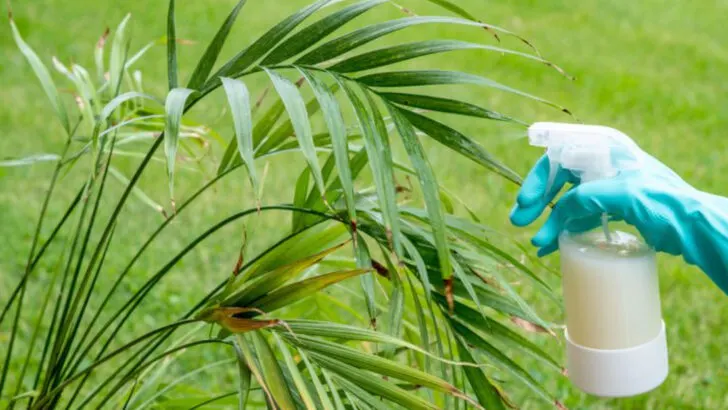Keeping pests under control without turning to chemicals can feel tricky, but it’s definitely possible with the right approach. Organic methods not only protect your plants but also support the overall health of your garden ecosystem.
These 18 tips offer practical ways to manage pests using natural solutions and simple techniques. From encouraging beneficial insects to using homemade sprays, there are plenty of options to keep your garden thriving while avoiding harsh chemicals.
Companion Planting
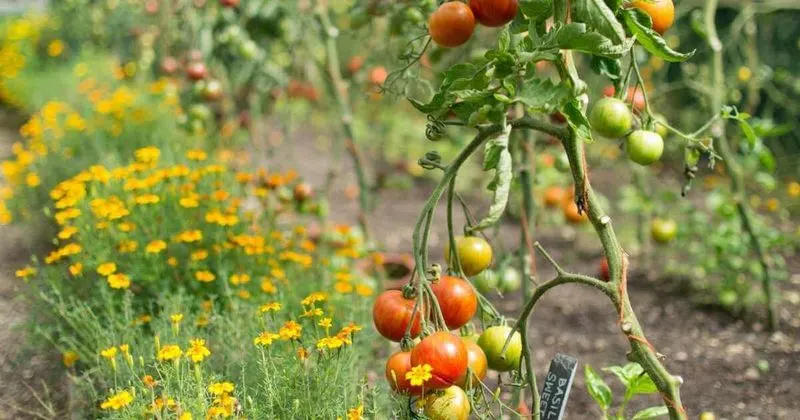
In the garden world, teamwork makes the dream work. Imagine an arrangement where marigolds stand guard over tomatoes, each lending their unique strengths to ward off unwelcome guests.
Companion planting is an age-old practice that leverages the natural properties of plants to protect one another. For instance, basil not only complements tomatoes in the kitchen but also repels flies and mosquitoes from their vicinity.
This harmonious coexistence not only enhances plant growth but also dramatically reduces the need for chemical interventions, keeping your garden lively and organic.
Neem Oil
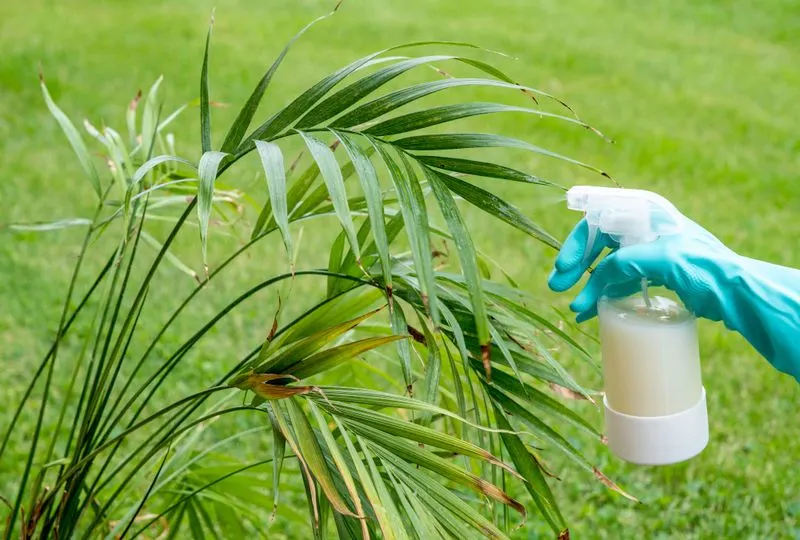
Neem oil, a gardener’s secret weapon, derives from the seeds of the neem tree. This natural solution disrupts the life cycle of unwanted insects without harming beneficial ones.
As a foliar spray, its potency lies in its ability to interfere with pest feeding and reproduction. When applied regularly, it acts as a shield, keeping your plants healthy and vibrant.
While neem oil works wonders on its own, it’s important to note the need for correct dosage and application techniques to maximize its efficacy in your garden.
Diatomaceous Earth
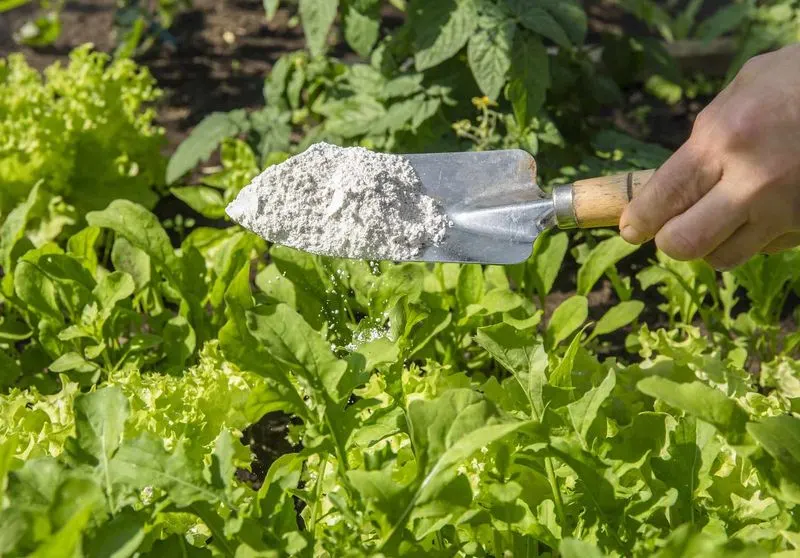
With a texture as fine as talcum powder, diatomaceous earth offers a safe, natural way to combat garden pests. This powder is made from fossilized remains of tiny, aquatic organisms called diatoms.
When sprinkled around plants, it dehydrates and eliminates soft-bodied insects like slugs and beetles without the use of harsh chemicals. However, its effectiveness diminishes when wet, so reapplication is necessary after rain.
This eco-friendly solution keeps your garden pest-free while being gentle on the environment, making it a favorite among organic gardeners.
Homemade Garlic Spray

Harness the power of garlic with a homemade spray that sends pests packing. Known for its strong scent, garlic acts as a natural deterrent to many insects.
By mixing crushed garlic with water and a bit of soap, you create a potent elixir that keeps aphids, ants, and caterpillars at bay. Spray this mixture on plant leaves to protect them from harm.
This simple, cost-effective solution not only defends your garden but also adds an aromatic touch that keeps your outdoor space smelling fresh.
Ladybugs
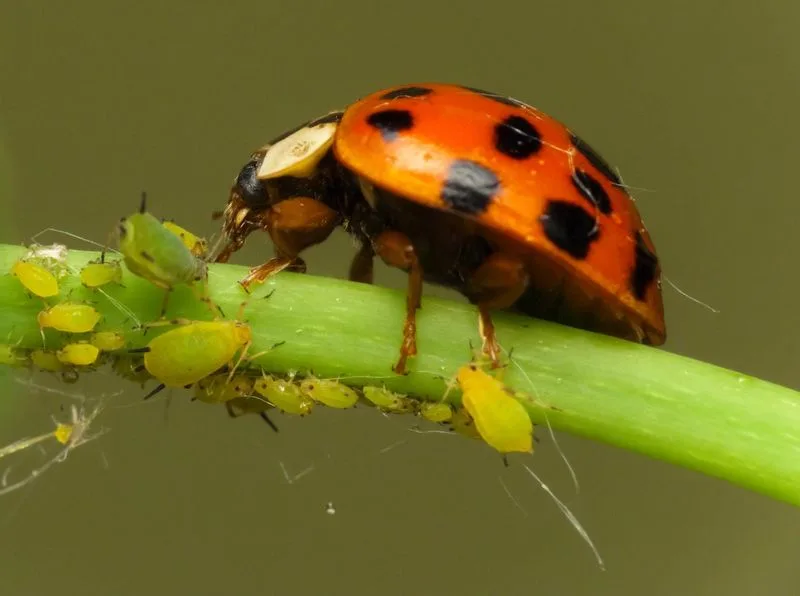
Charming and beneficial, ladybugs are the unsung heroes of organic gardening. Often seen as a symbol of good luck, these delightful insects feast on aphids, mites, and other soft-bodied pests.
By introducing ladybugs into your garden, you promote a balanced ecosystem where beneficial insects thrive. Watch as these vibrant creatures patrol your plants, reducing the need for synthetic pesticides.
Encouraging ladybugs to take up residence in your garden not only enhances its beauty but also ensures a natural method of pest control.
Soap Spray
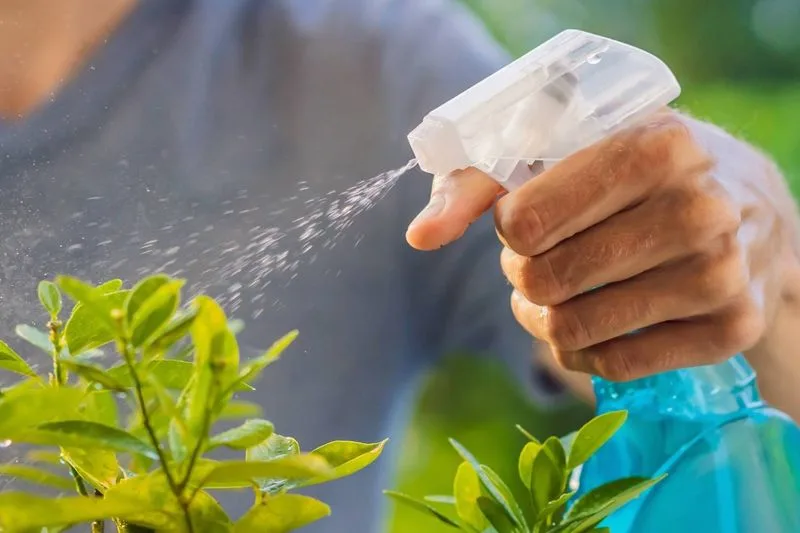
Soap spray, an unassuming yet effective remedy, tackles a wide range of common garden pests. Made from simple ingredients like dish soap and water, it’s both accessible and safe.
When sprayed onto the leaves of affected plants, this solution disrupts the cell membranes of pests like aphids and spider mites, ultimately eliminating them.
For best results, apply during early morning or late afternoon to avoid harming your plants. Soap spray offers a gentle way to maintain the health of your garden naturally.
Beer Traps
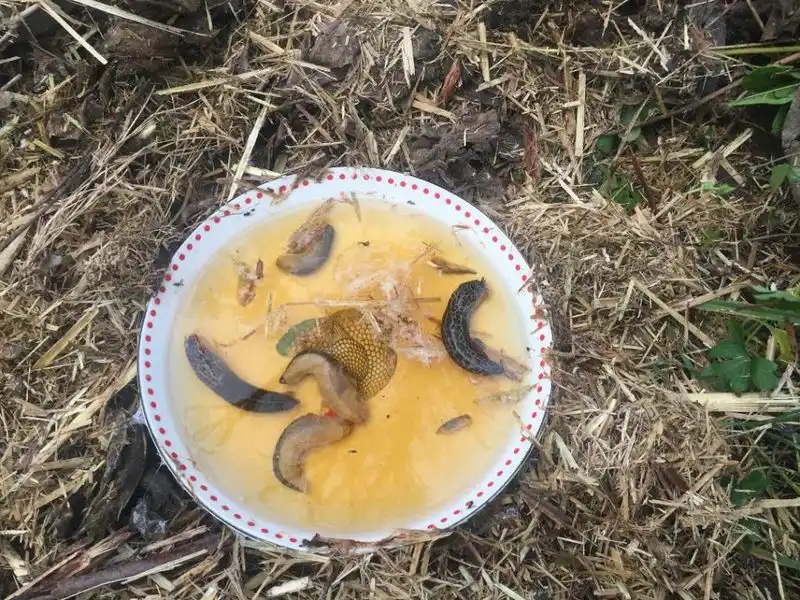
In the battle against slugs and snails, nothing beats the simplicity of a beer trap. These pesky critters are irresistibly drawn to the yeasty aroma of beer.
By placing shallow containers filled with beer at soil level, you create an effective trap that lures them in. Once inside, they are unable to escape, thus enabling you to control their population.
This method not only provides a chemical-free solution but also repurposes leftover beer, making it an eco-friendly option for pest management.
Floating Row Covers
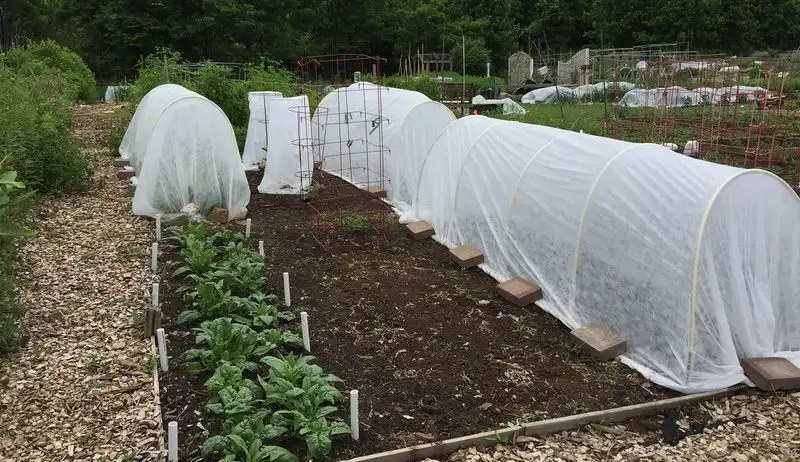
Floating row covers offer a physical barrier, shielding your plants from numerous pests. Made from lightweight fabric, these covers allow light and water to penetrate while keeping insects at bay.
Ideal for young plants, they provide protection from beetles, caterpillars, and even light frost. By creating a microclimate, they help in extending the growing season.
This approach not only prevents pest infestation but also ensures an optimal environment for growth, making it a versatile tool in organic gardening.
Hand-Picking
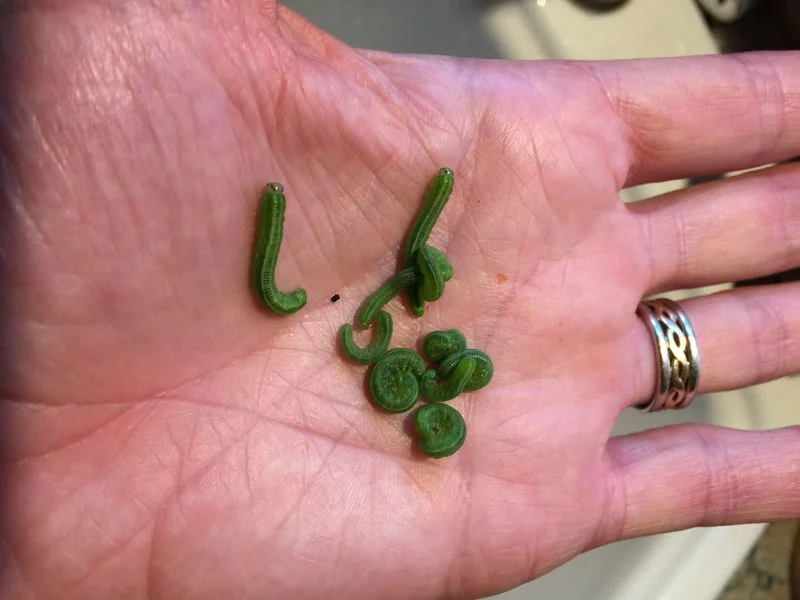
Sometimes, the best solution is also the simplest. Hand-picking pests off plants allows for immediate action and is particularly effective for larger insects like caterpillars and beetles.
This method requires diligence and regular garden checks, but it offers a pesticide-free approach that’s safe for both your plants and the environment.
By directly removing pests, you maintain control over your garden’s health, ensuring that only the plants you nurture thrive.
Beneficial Nematodes
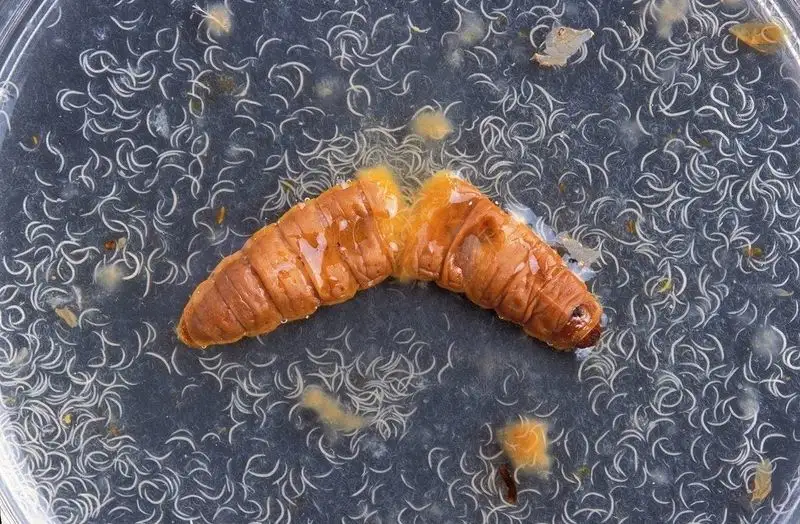
Beneath the soil, beneficial nematodes work tirelessly to protect your garden. These microscopic worms target soil-dwelling pests like grubs, offering a natural solution to pest control.
By applying them to the soil, you introduce a biological force that seeks out and destroys harmful organisms without affecting beneficial ones.
Nematodes offer an effective underground defense, ensuring your garden remains vibrant and healthy from the roots up. Their presence is a testament to nature’s own pest management capabilities.
Chrysanthemum Spray
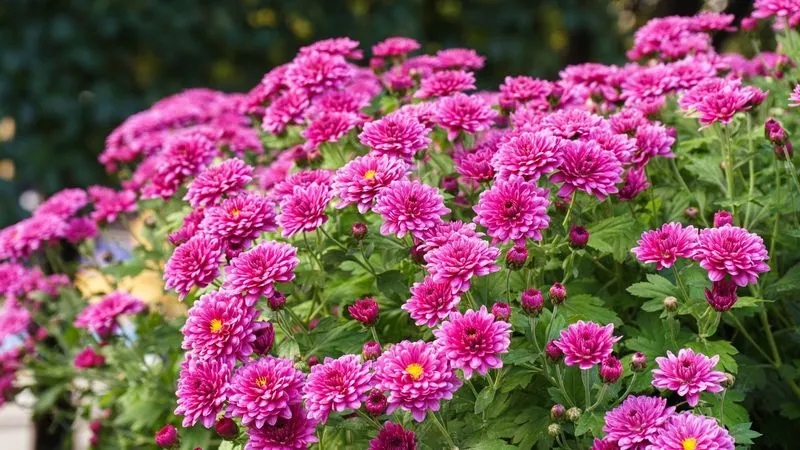
Chrysanthemums aren’t just beautiful flowers; they’re also a source of pyrethrin, a natural insecticide. When extracted and made into a spray, it combats a variety of pests.
This botanical remedy targets insects on contact, providing an immediate solution without lingering chemicals. It’s especially effective against fleas, ants, and roaches.
By using chrysanthemum spray, you harness the power of nature to maintain a pest-free garden, all while enjoying the vibrant blooms they provide.
Essential Oils
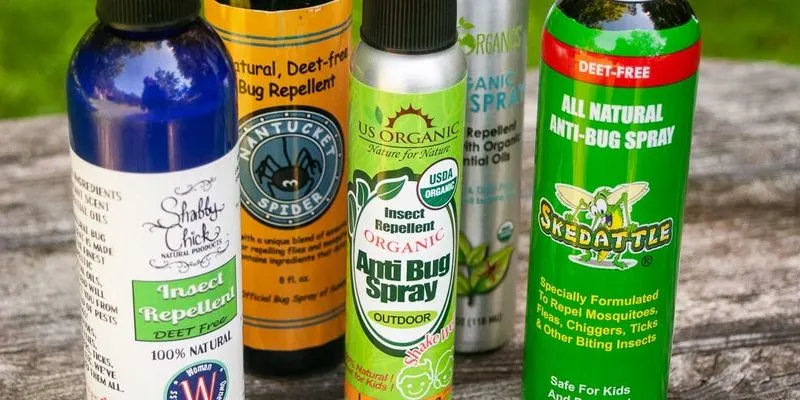
Essential oils aren’t just for aromatherapy; they’re also formidable allies in pest control. Oils like peppermint and tea tree deter a wide range of insects.
By mixing a few drops with water, you create a fragrant barrier that protects your plants. These oils repel mosquitoes, ants, and even rodents, making them versatile in maintaining a healthy garden.
Using essential oils allows you to craft a pleasant-smelling defense that’s gentle on your plants and the environment, embracing the holistic nature of organic gardening.
Natural Predators
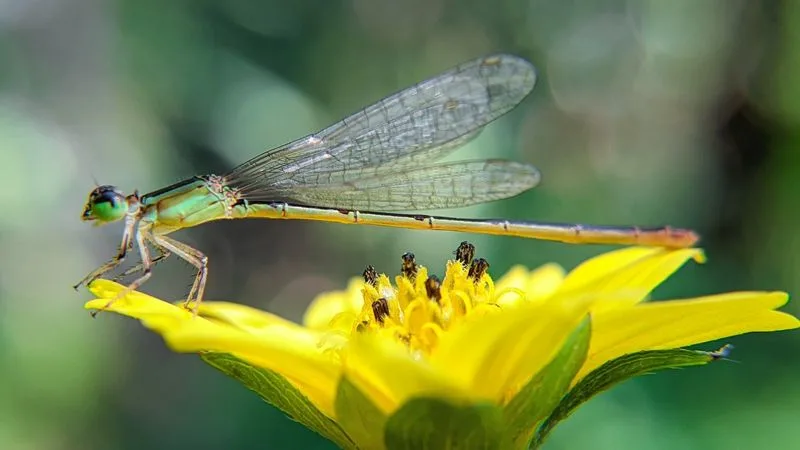
Inviting natural predators into your garden creates a self-regulating ecosystem. Birds, frogs, and even certain insects work as unpaid garden assistants, keeping pest populations in check.
Encourage these helpers by providing habitat and food sources, like birdhouses or water features. By doing so, you maintain a balanced environment where predators and prey coexist beneficially.
This approach not only reduces the need for chemical interventions but also enriches your garden’s biodiversity, making it a vibrant and dynamic space.
Hot Pepper Spray
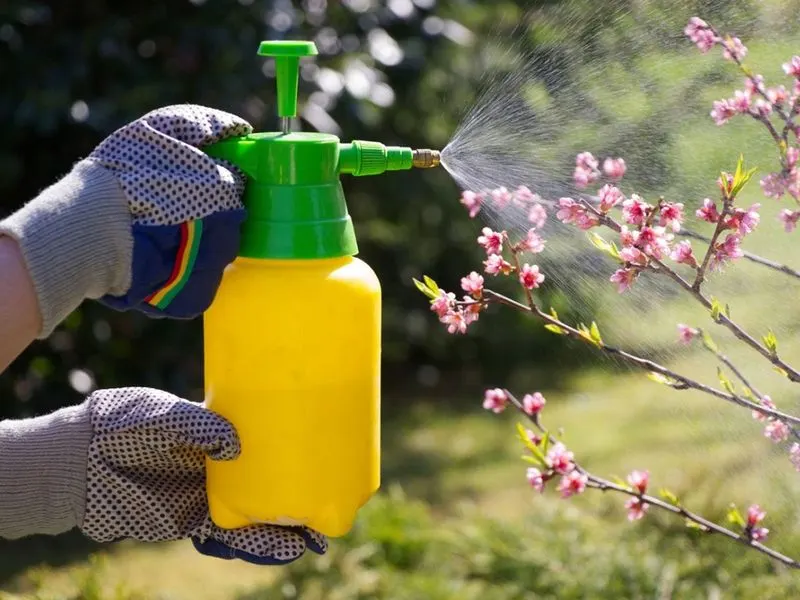
Spice up your pest control with hot pepper spray. Known for its fiery heat, this solution deters a range of insects and even small mammals.
Mixing hot pepper with water creates a spray that irritates pests upon contact, driving them away from your precious plants. It’s an effective method for protecting vegetables and ornamentals alike.
Hot pepper spray offers a spicy twist to traditional pest control, all while keeping your garden chemical-free and lively.
Eggshell Barriers
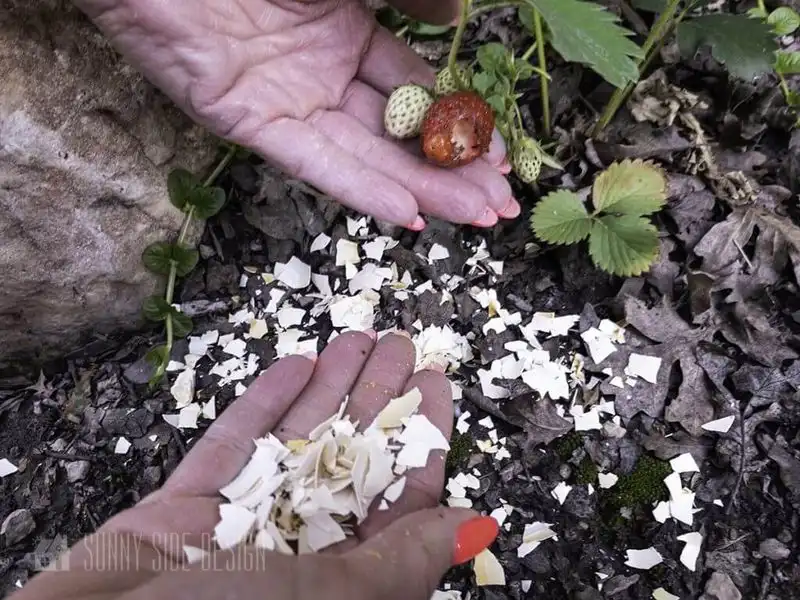
Transform kitchen waste into a garden asset with eggshell barriers. Crushed eggshells create a rough surface that deters slugs and snails from approaching your plants.
This simple yet effective method not only recycles waste but also enriches the soil with calcium as the shells decompose.
Eggshell barriers provide an eco-friendly solution that keeps your garden safe from soft-bodied invaders, ensuring your plants can grow without unwanted interference.
Mulching
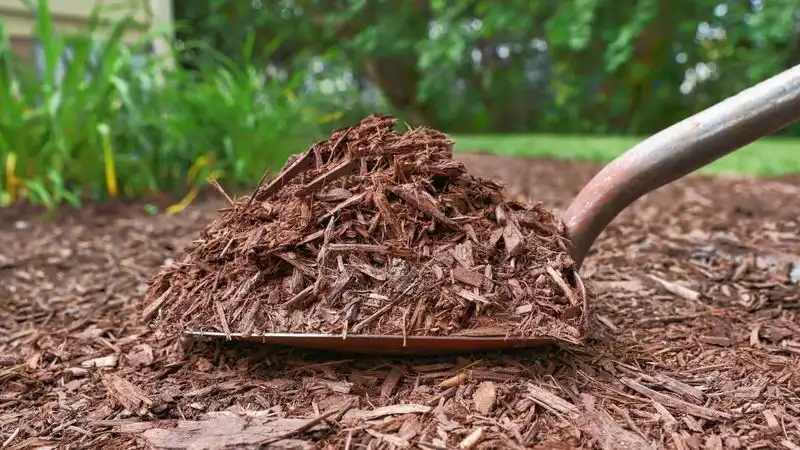
Mulching offers multiple benefits, not least of which is pest control. By covering the soil with organic materials like straw or wood chips, you create a barrier that suppresses weeds and deters certain pests.
Additionally, mulch retains moisture and enriches the soil as it breaks down, supporting healthy plant growth.
This layered approach ensures a thriving garden ecosystem that requires fewer interventions, highlighting the multifaceted role of mulch in organic gardening.
Planting Herbs
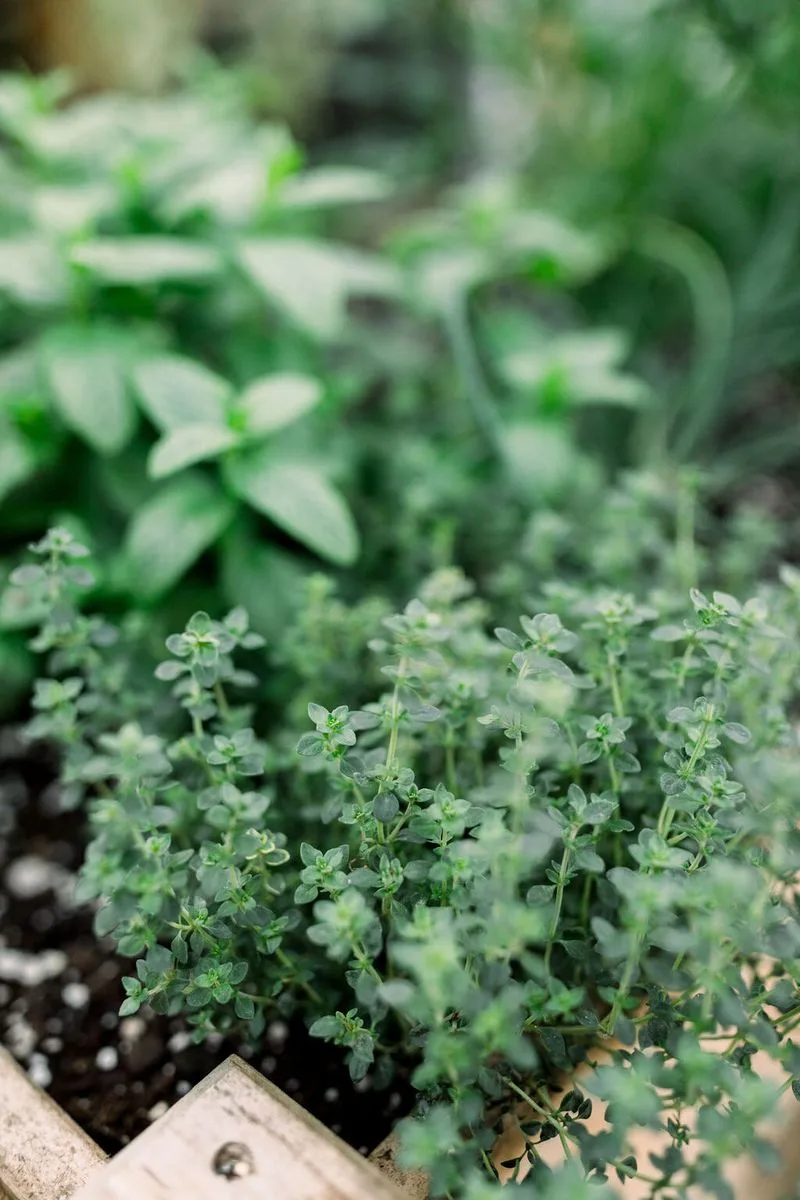
Herbs do more than flavor your meals; they also repel pests. Plants like lavender, mint, and rosemary emit scents that deter insects like mosquitoes and flies.
By incorporating these herbs into your garden, you create a natural defense system that’s both functional and aromatic.
This method not only keeps pests at bay but also provides fresh herbs for culinary use, embracing the dual benefits of gardening with herbs.
Coffee Grounds Barrier
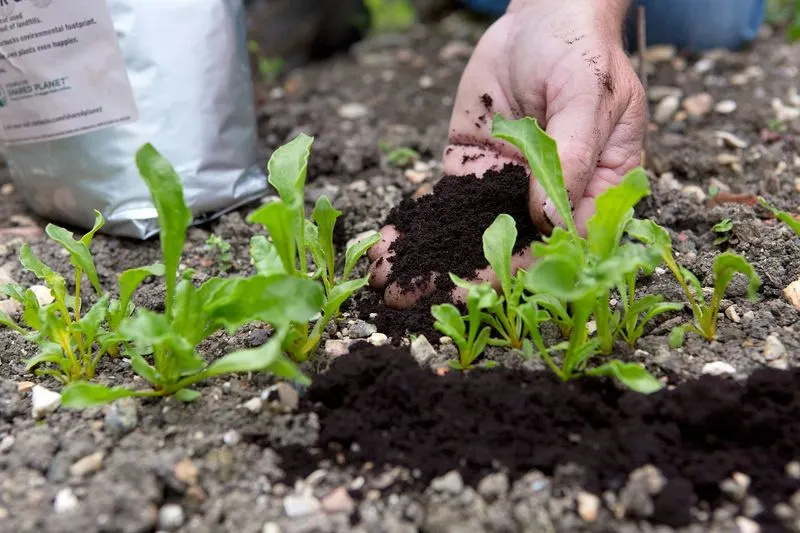
Ever thought of using your morning brew to guard your garden? Coffee grounds can be more than just a wake-up call. Sprinkling them around your plants creates a natural barrier that deters slugs and snails.
The coarse texture irritates these pests, preventing them from crossing and damaging your beloved greenery. Beyond protection, coffee grounds enrich the soil with essential nutrients.
Why not give it a try? Not only does this method recycle waste, but it also aids in creating a thriving ecosystem. Your garden might just thank you with a burst of vibrant blooms.

